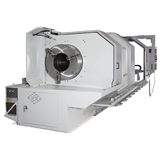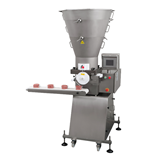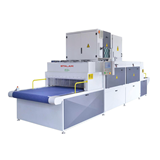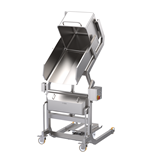Two questions that are repeatedly asked are - how can businesses mitigate the costs? And how much will it really cost?
A recent newspaper report detailed the cost of the carbon tax could be high. It reported at least 31,000 jobs in NSW could be lost, reducing the state’s annual output of the economy by $3.7 billion by 2020, rising to $9.1 billion by 2030.
What, exactly, will the carbon tax mean for the food and beverage industry?
Under the scheme, around 500 businesses will be required to pay for their pollution under a carbon pricing scheme. They will be charged $23 for each tonne of pollution beginning July 1 next year.
This tax will rise by 2.5 per cent a year in real terms during a three-year fixed price period until July 1, 2015.
It will then revert into an emissions trading scheme where the price will be determined by the market.
The government plans to use revenue from the carbon tax as tax cuts for households and increased family payments and higher pensions, benefits and allowances.
The food and beverage industry will mainly be affected through increased costs of power and will feel it through the entire supply chain, according to Kate Carnell, chief executive at the Australian Food and Grocery Council.
"The government carbon tax will increase the cost of Australian manufactured goods – but will not affect imports, which are already cheaper due to the high Australian dollar," Carnell said.
The Australian Food and Grocery Council has welcomed the temporary reprieve the transport industry will receive from the tax, which will be exempt from the tax until July 1, 2014, two years after the official start of the carbon tax.
"However this is only a short-term measure and after three-years, industry can expect to pay," Carnell said.
However, not everyone in the industry believes it will affect their business.
MODU System supplies conveyor systems to industrial projects and the hospitality industry, such as Japanese sushi restaurants.
Steve Rothwell, engineer at MODU System, says the carbon tax will not significantly affect his business, primarily because MODU System’s does not manufacture its products within Australia. Instead, it sources its products from Malaysia and only spends around $200 on parts within Australia, according to Rothwell.
The only way the carbon tax would affect the business would be through increased petrol and transport costs. Even then, Rothwell told IndustrySearch the cost would not be significant.
The two-year reprieve on the transport industry being hit with the tax will mean many in the food and beverage industry will have time to adjust to any increased costs. This will also be aided by a $200 million government grant over six years for the Clean Technology Food and Foundries Investment Program.
The program encourages food and beverage processing and metal foundries to utilise less emissions-intensive and more energy-efficient production processes.
Under the program, funding will be provided on a co-investment basis, with industry contributing three dollars for every dollar from the government.
"At the end of the day, there will still be price increases right across the supply chain and this will impact on the competitiveness of industry," Carnell said.
Funding from the program is expected to be awarded from May 2012.

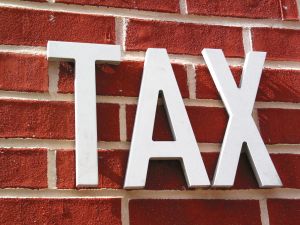
-160x160-state_article-rel-cat.png)


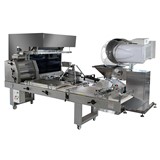



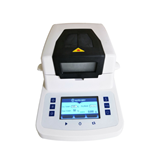



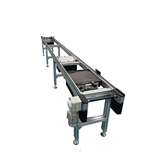


-160x160-state_article-rel-cat.png)

